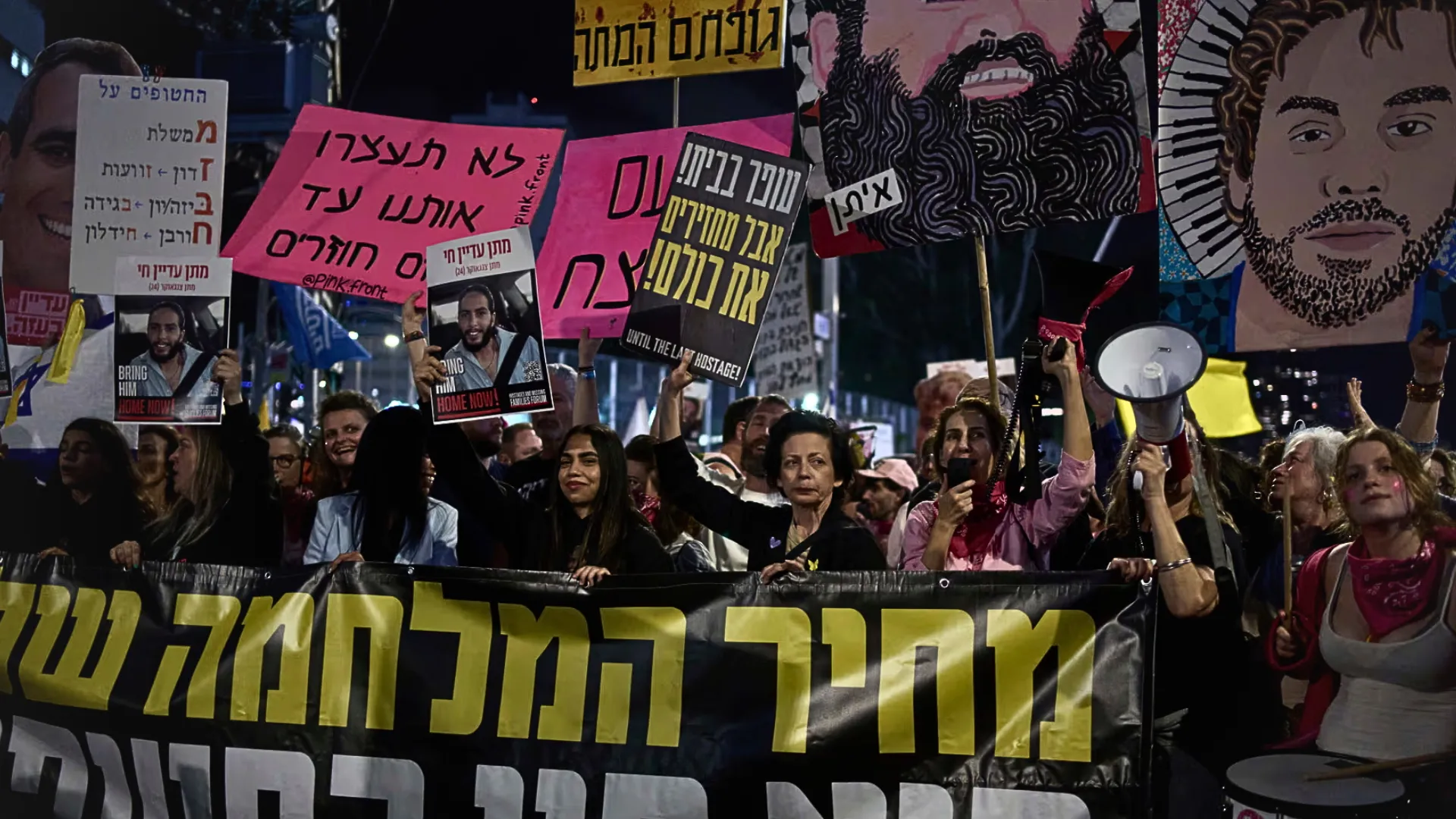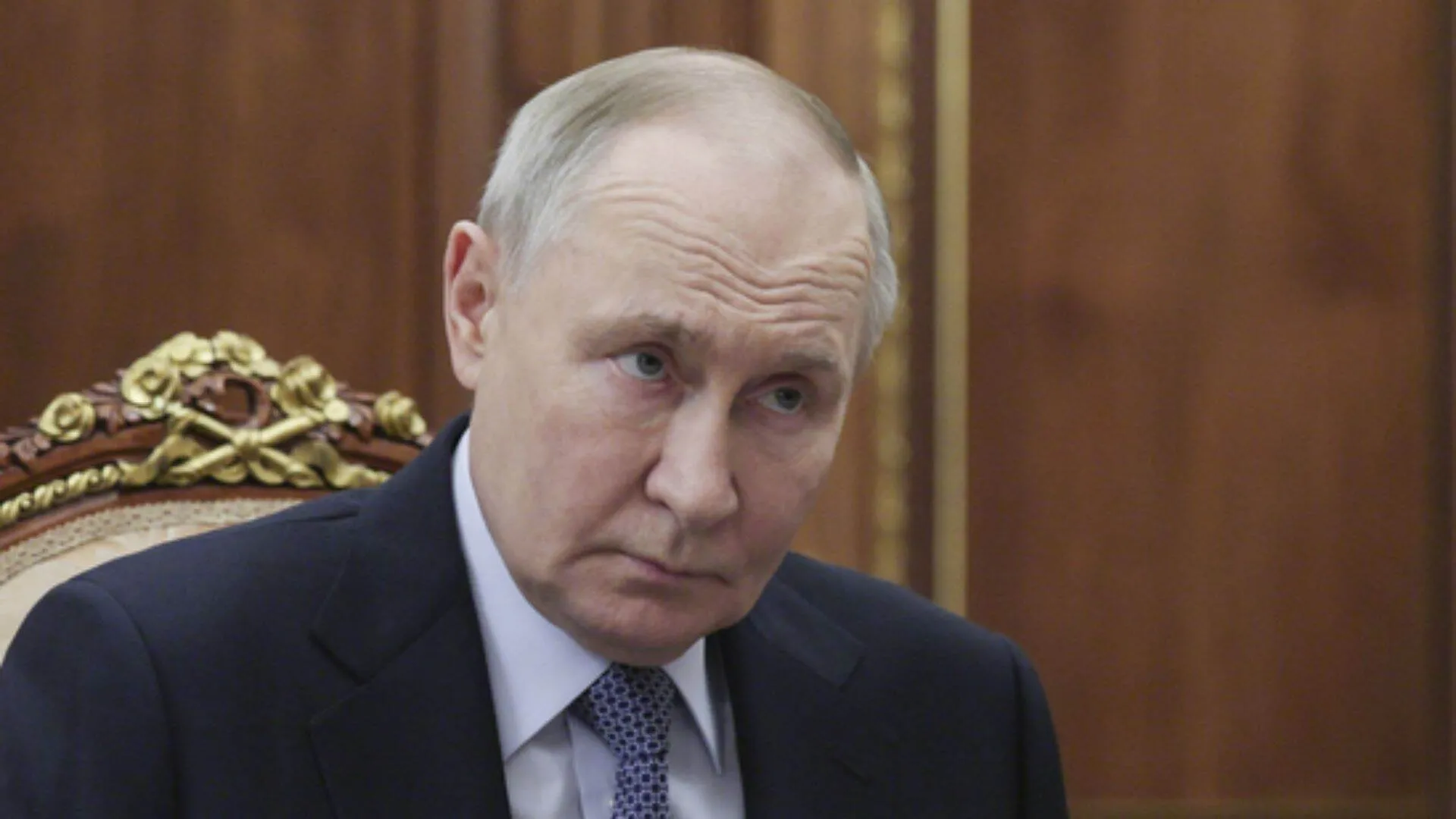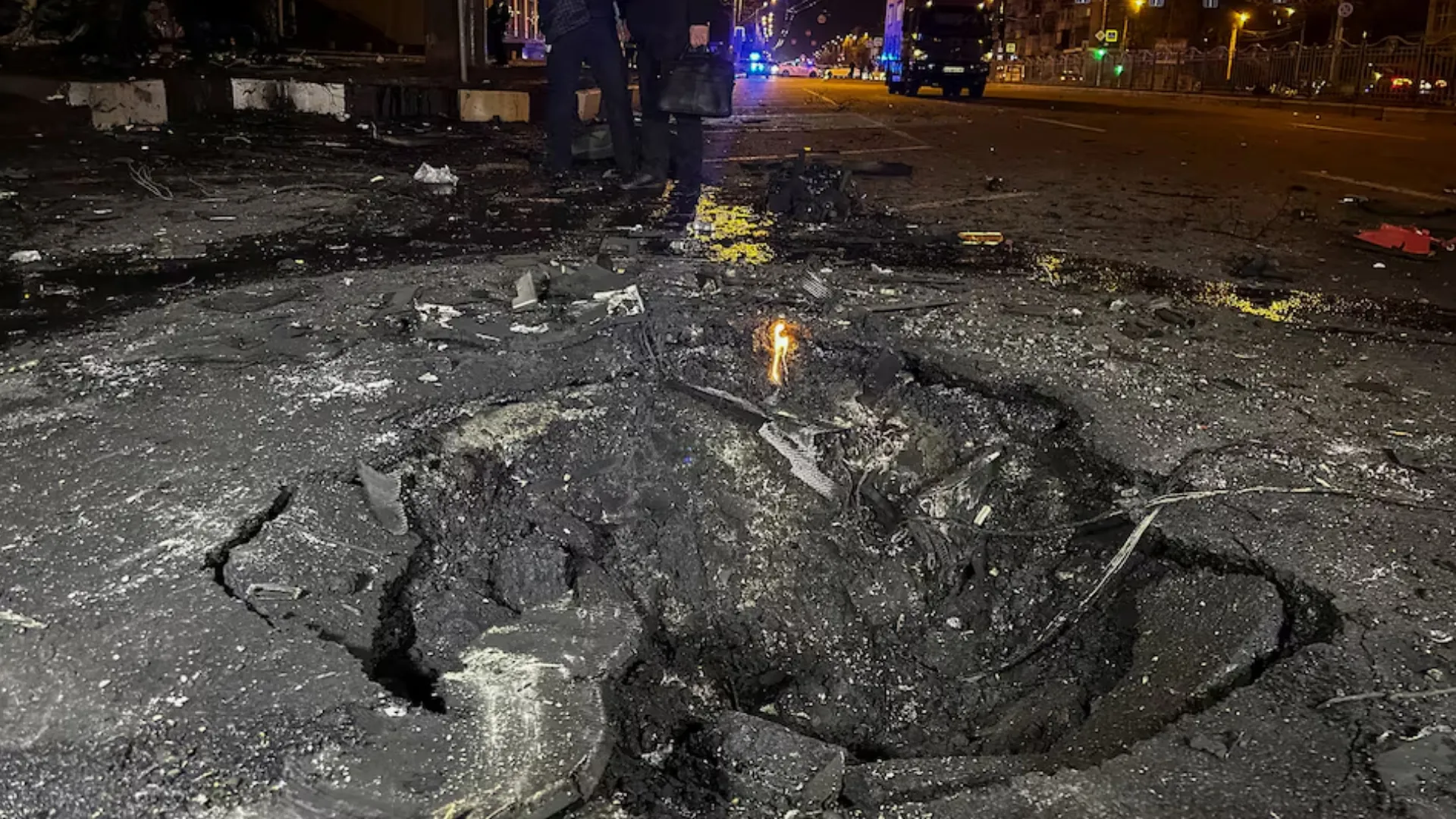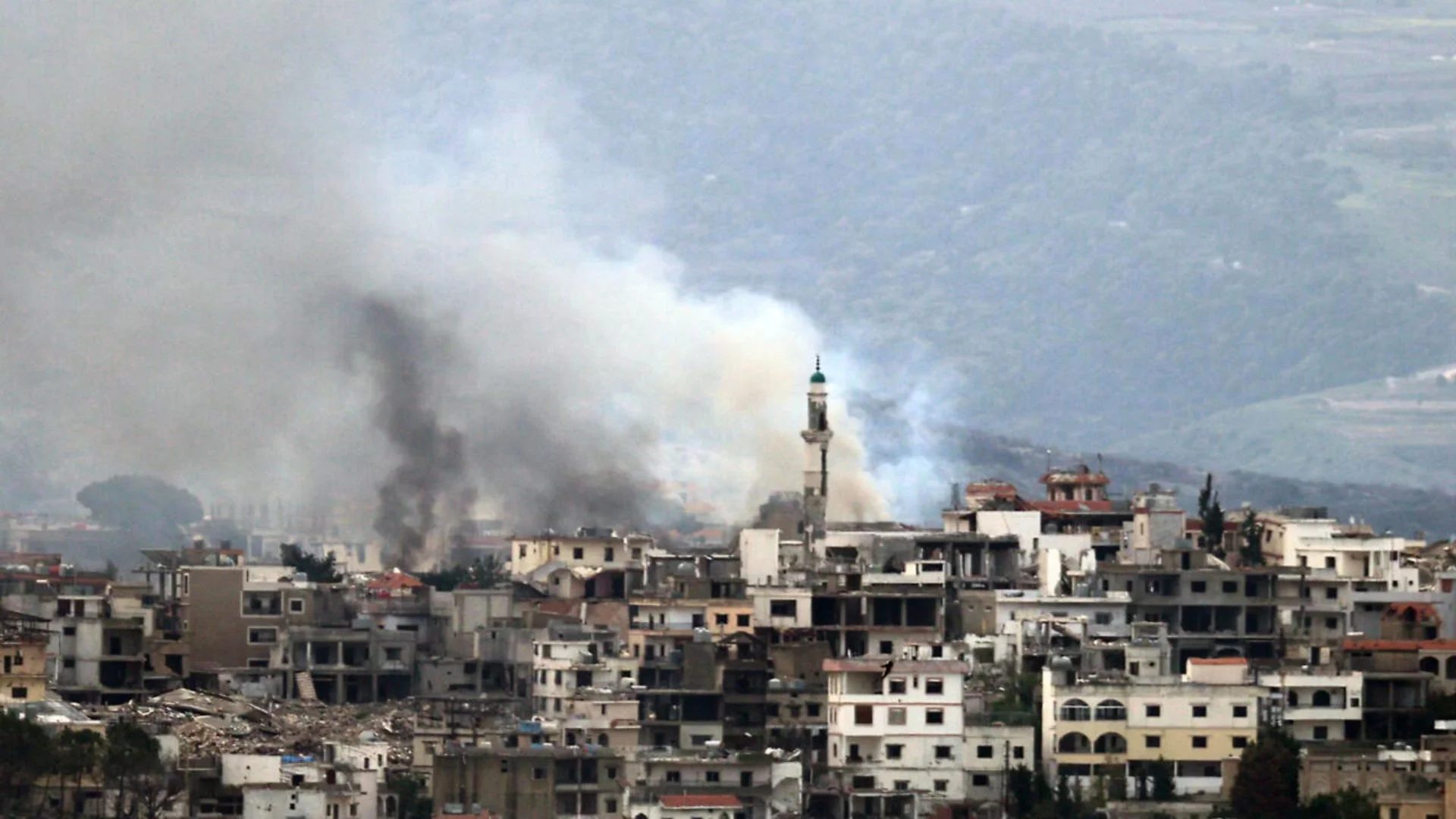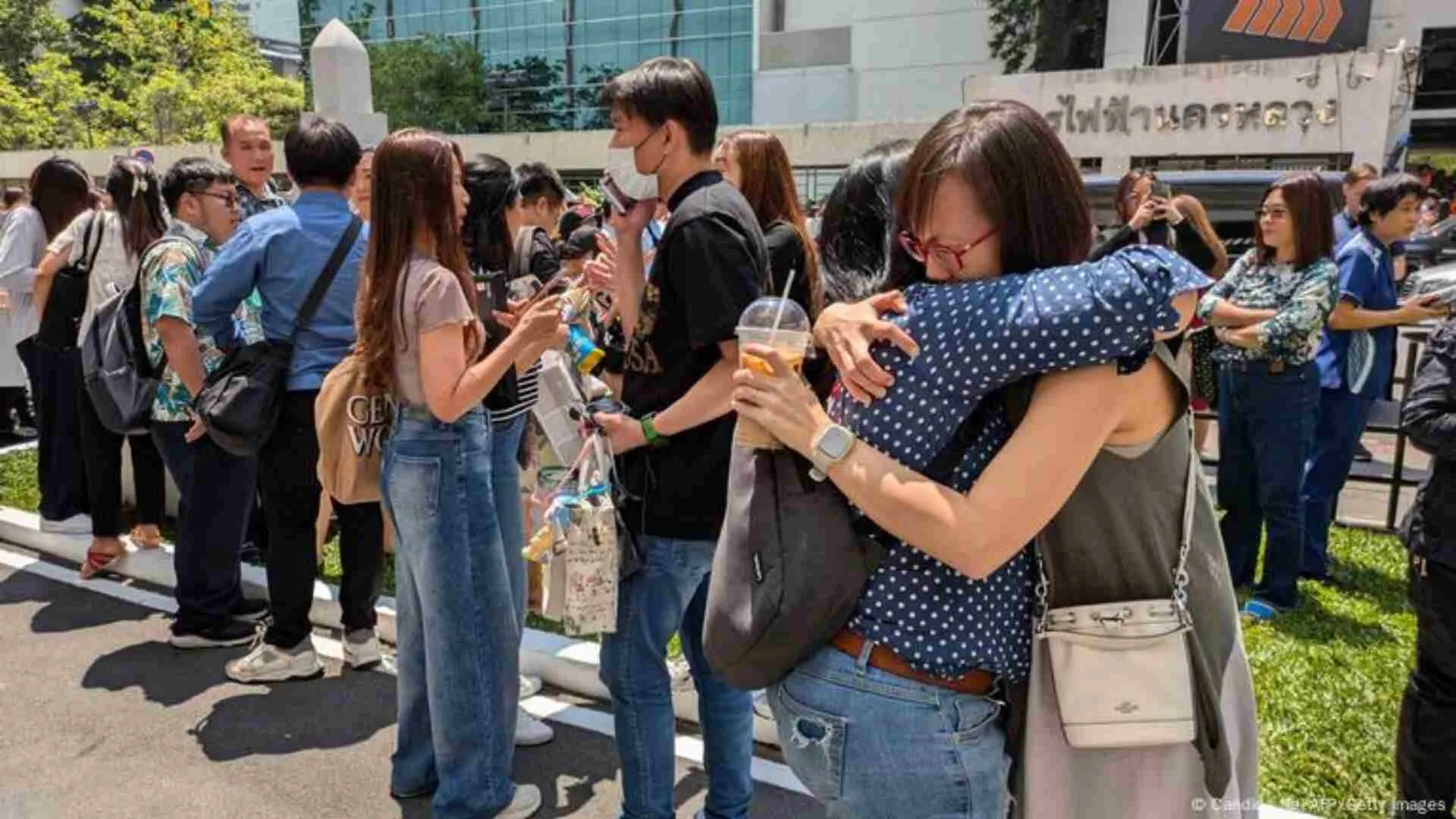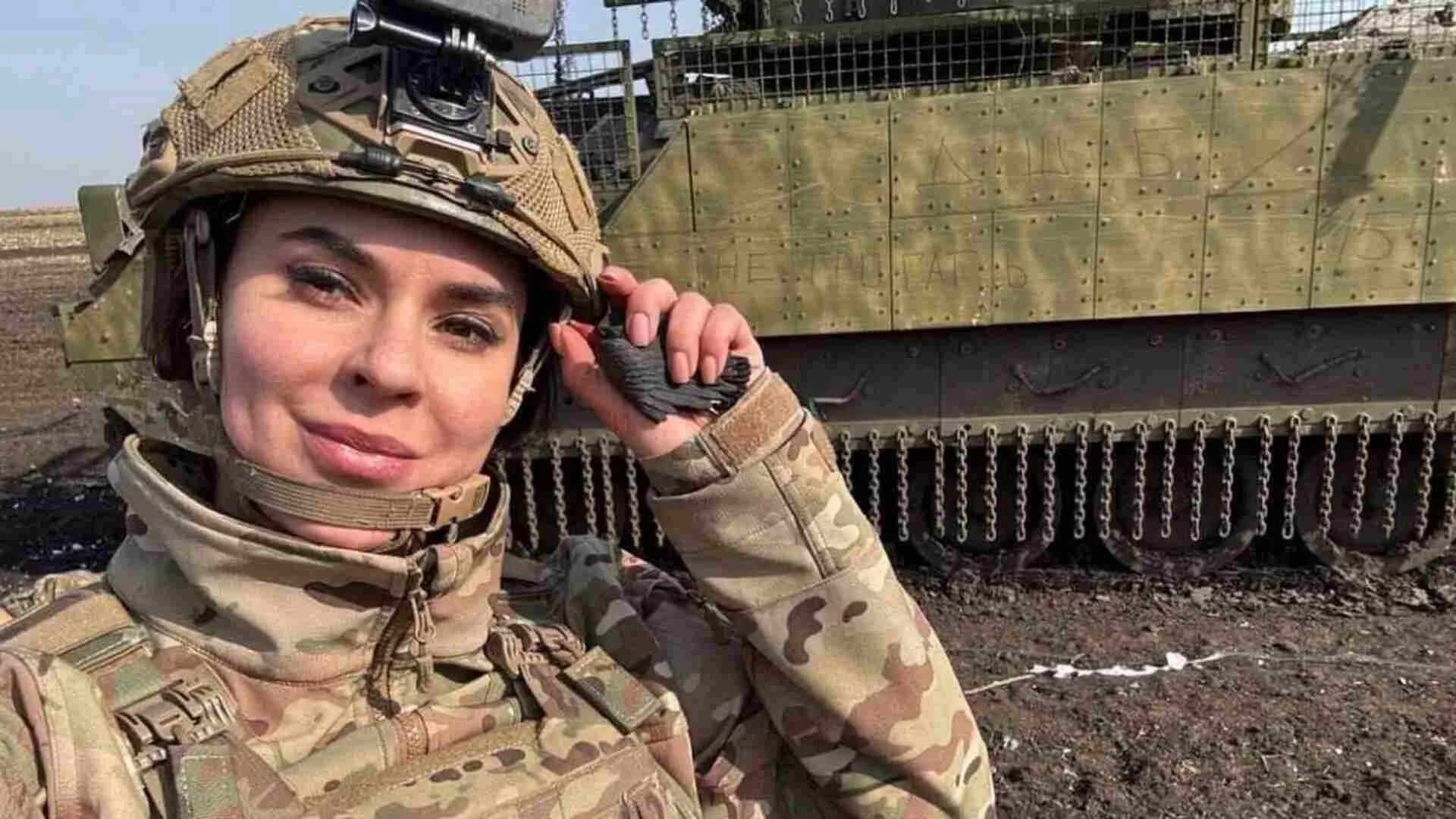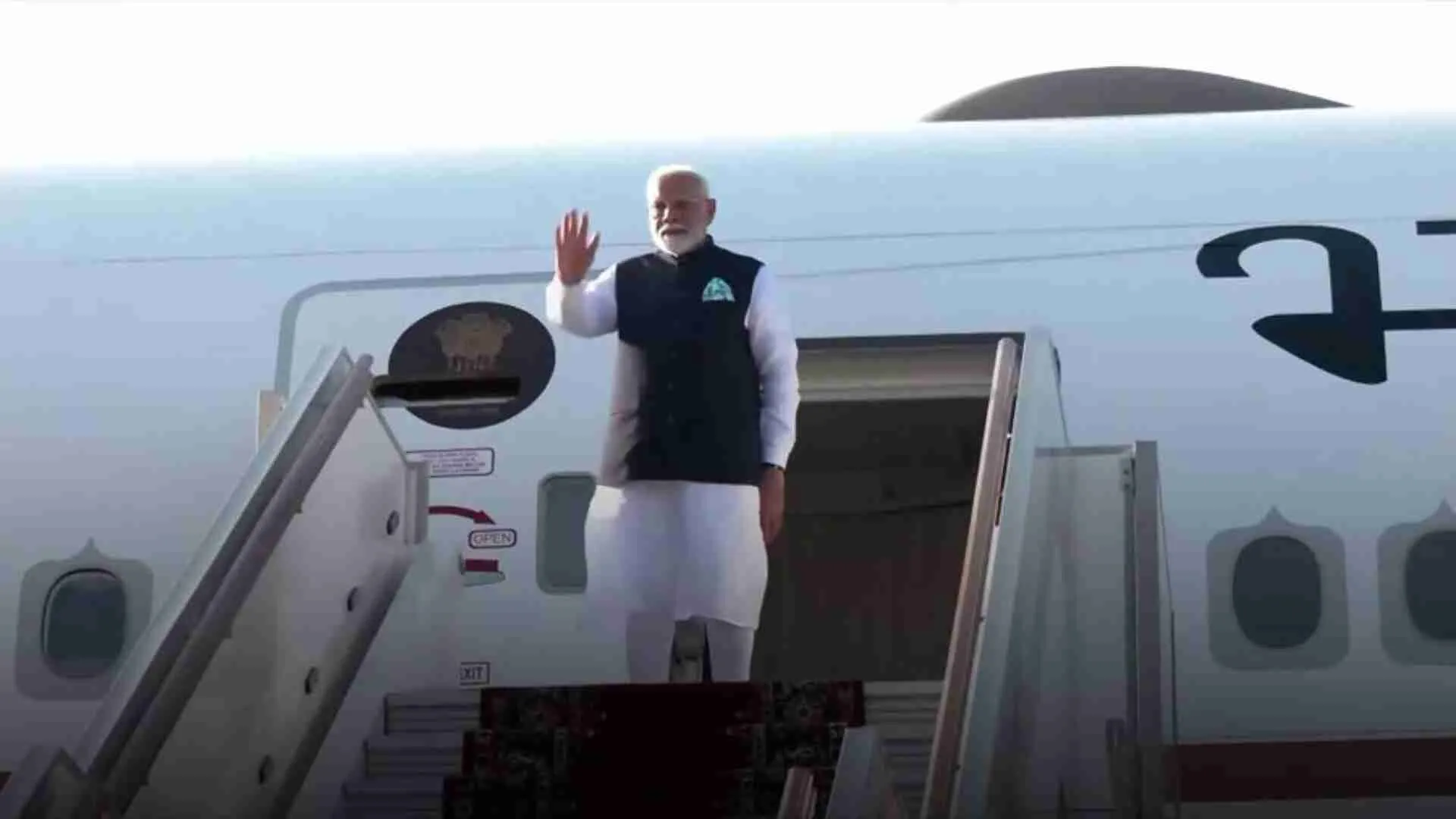In a major breakthrough on de-escalating the current conflict, Hamas has agreed to a ceasefire offer brokered by Egypt and Qatar. The offer involves the release of Hamas hostages in return for a halt in hostilities and other concessions. Israel, however, has shot back with a counter-offer, suggesting that talks are still in progress.
Details of the Ceasefire Proposal
Khalil al-Hayya, a senior Hamas official and head of the group’s negotiating team, announced that Hamas had received a proposal from Egyptian and Qatari mediators two days prior and had “dealt with it positively and accepted it.” The proposal suggests that Hamas would release five Israeli hostages each week as part of a phased ceasefire agreement. Al-Hayya expressed hope that Israel would not undermine the initiative.
Counter-Proposal by Israel
In return, the office of the Israeli Prime Minister has confirmed that it had conducted consultations on the mediators’ offer and had passed on a counter-proposal in complete coordination with the United States. Though no details of Israel’s counteroffer have been made public, reports suggest that Israel is asking for the release of 10 to 12 hostages, which is double the number Hamas has proposed. Prime Minister Benjamin Netanyahu has asserted that the war would not end until all hostages were freed.
International Mediation Efforts in Israel and Hamas War
The ceasefire negotiations have been facilitated by Egypt and Qatar, with active involvement from the United States. The mediators aim to broker a deal that would halt the fighting in Gaza, allow much-needed humanitarian assistance to Palestinian civilians, and secure the release of hostages. U.S. President Joe Biden has confirmed ongoing support for the process, stating that the deal will “halt the fighting in Gaza, surge much-needed humanitarian assistance to Palestinian civilians, and reunite the hostages with their families after more than 15 months in captivity.”
Public Response and Protests to Israel and Hamas
The suggested ceasefire and release of hostages have received intense responses from the public. Hundreds of thousands of Israelis have demonstrated in support of a hostage deal and in opposition to the government’s actions, including judicial reforms. A recent survey shows that 69% of Israelis are in favor of the end of the war if all the remaining hostages in Gaza are released. Hostage families have been demonstrating for a deal to bring their family members home safely.
Ongoing Conflict and Humanitarian Effect
In spite of the negotiations for a ceasefire, the fighting has persisted, with heavy losses and displacement. According to the Gaza health ministry, over 46,000 individuals have died since October 2023, with hundreds of thousands displaced and living in tents and makeshift settlements. The Israeli army has reignited hostilities with Hamas, with further intensification and humanitarian implications.
Hamas’s agreement to the ceasefire offer and Israel’s follow-up counteroffer are significant milestones in the intricate diplomacy to bring the long conflict to an end. Though there are still issues to be resolved, most notably the number of hostages to be released and the nature of the ceasefire, the role of international facilitators and both sides’ avowed commitment to negotiating a resolution are a sign of hope that an end is at hand. The next few days will prove critical in establishing whether an agreement that is acceptable to both can be attained to provide permanent peace to the region.

